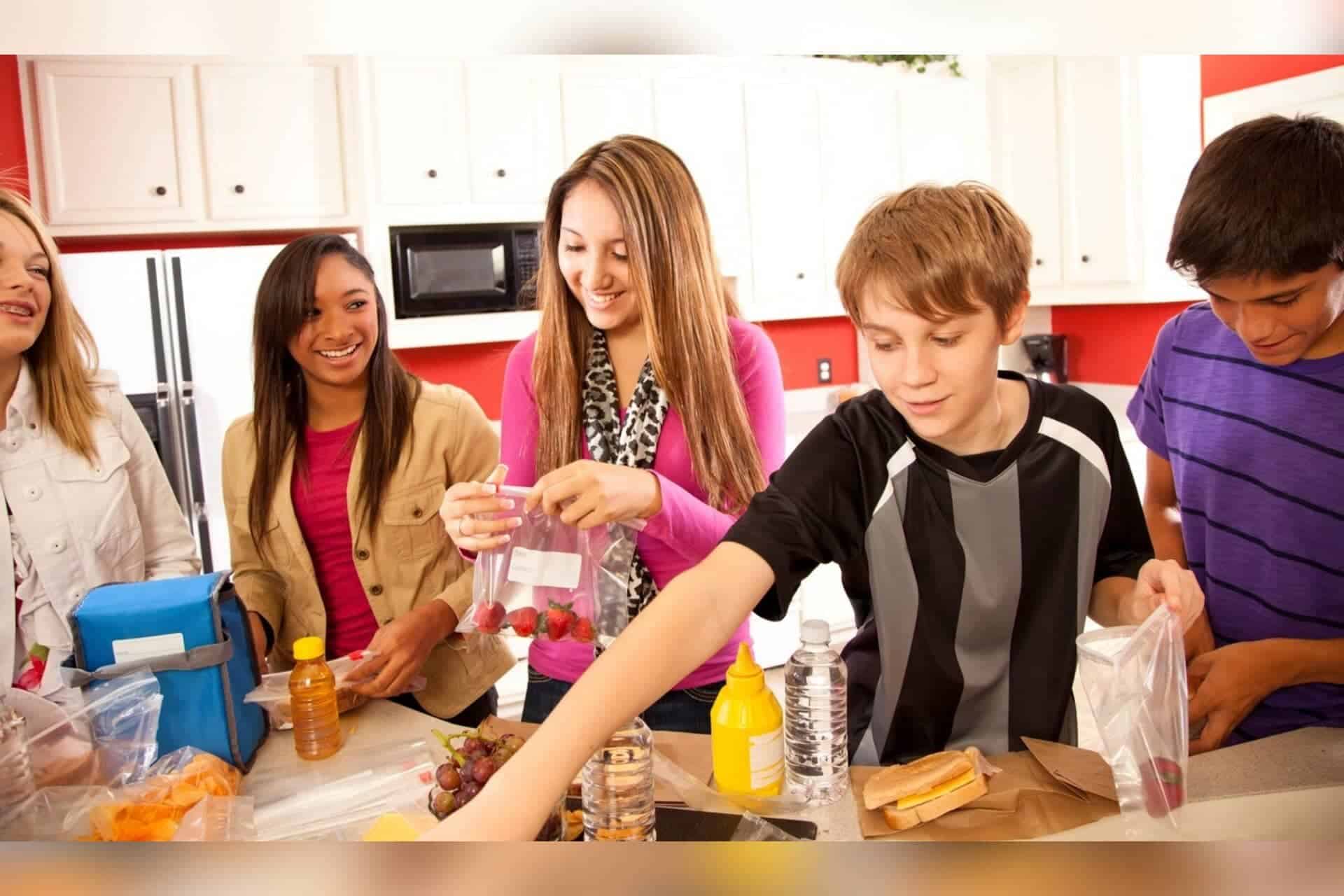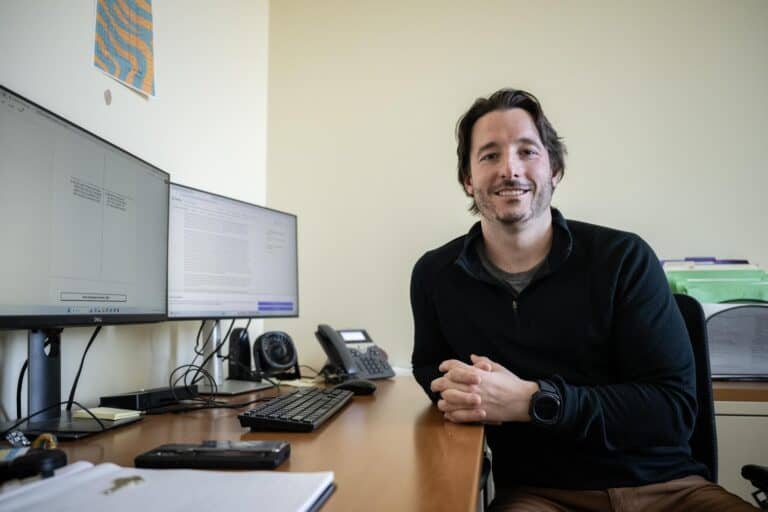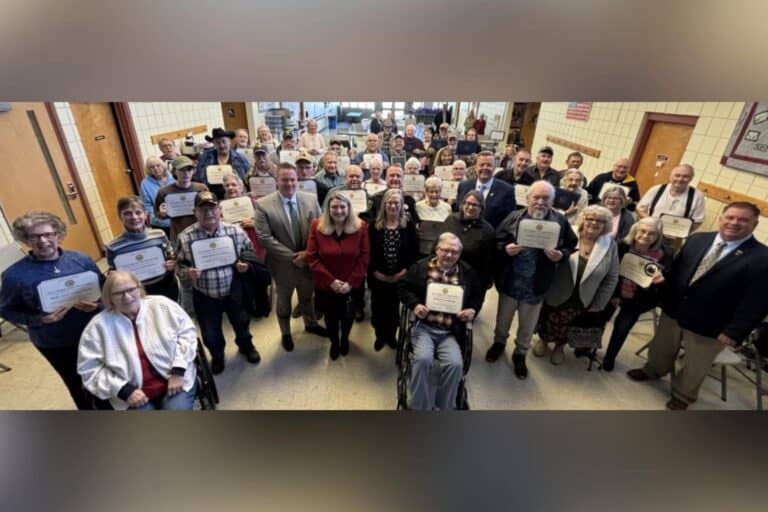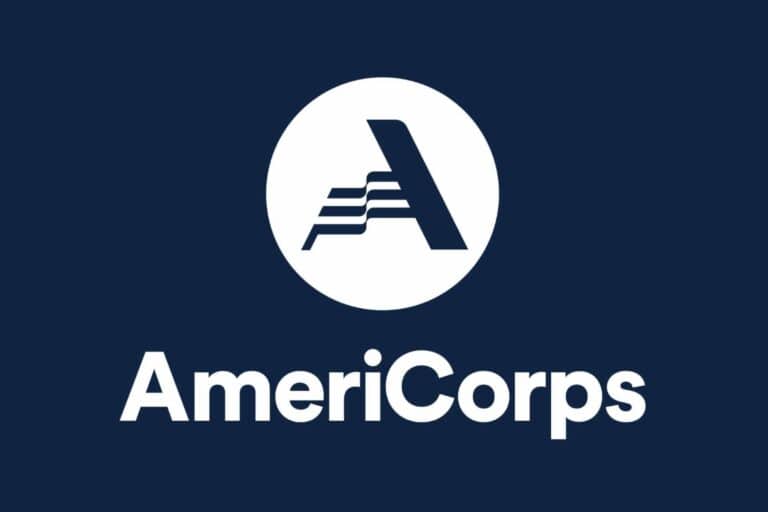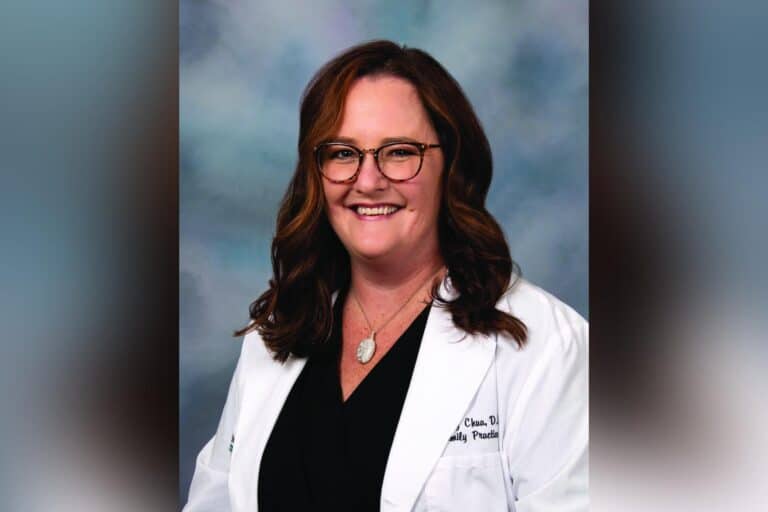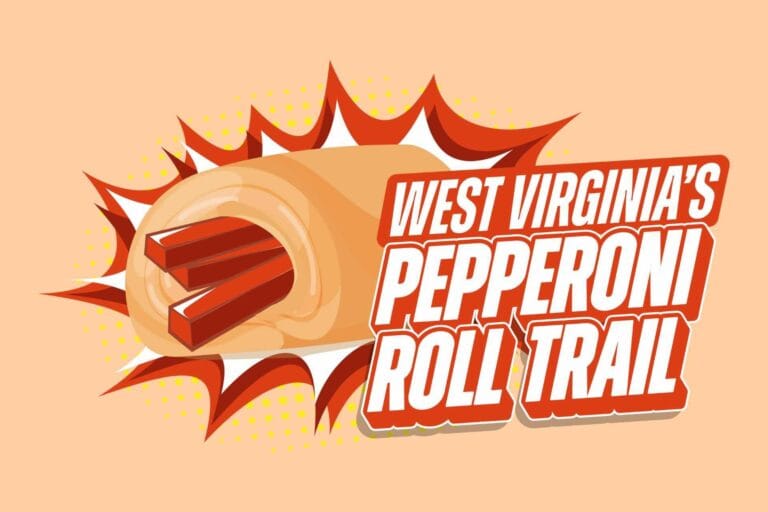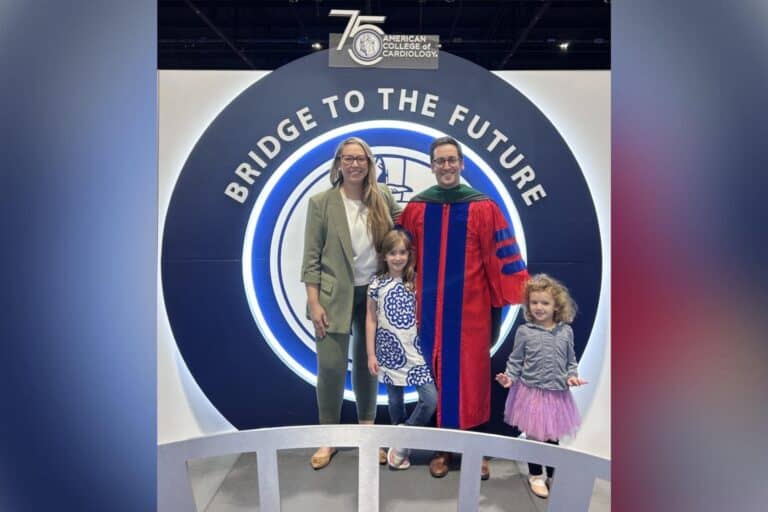The West Virginia Department of Human Services (DoHS) recently announced an expansion of its Transitional Living for Vulnerable Youth (TLVY) program. This initiative targets West Virginia’s youth aged 17 to 21 transitioning from foster care and residential mental health treatment to independent living.
The TLVY program provides group homes that focus on individualized care and ongoing support based on trauma-informed principles. The program began on September 1, 2023, with three providers: Golden Girl Group Home in Ceredo, Stepping Stones in Lavalette, and Stepping Stone in Fairmont, offering a total of 22 beds. By July 1, 2024, the program will add two more providers, including Burlington United Methodist Family Services, Inc. in Keyser and Youth Services System, Inc. Tuel Center in New Martinsville, increasing the total number of beds to 49. An additional eight-bed facility is currently in development.
“Expanding the TLVY program is a critical step in providing West Virginia’s vulnerable youth with the tools and support they need to succeed independently,” said Cammie Chapman, DoHS Deputy Secretary of Children and Adult Services. “We are committed to helping these young adults build a strong foundation for their future and become thriving members of our community.”
The program aims to support youth who lack family placement resources and need guidance in developing essential independent living skills. It serves youth who have faced multiple disruptions in foster or adoptive placements and have specific social functioning requirements manageable through outpatient community-based services. Additionally, TLVY provides non-treatment residential settings for youth in foster care ready to engage with community-based mental health services after completing residential treatment.
Through this program, vulnerable youth gain valuable skills for successful community living. Focus areas include personal care, budgeting, accessing physical and mental health services, public transportation usage, and public assistance acquisition. The program also emphasizes educational linkage, job preparation, driver’s license attainment, and fostering positive adult relationships.
To explore career opportunities that support West Virginia’s youth, visit dhhr.wv.gov/Pages/Career-Opportunities.aspx.

